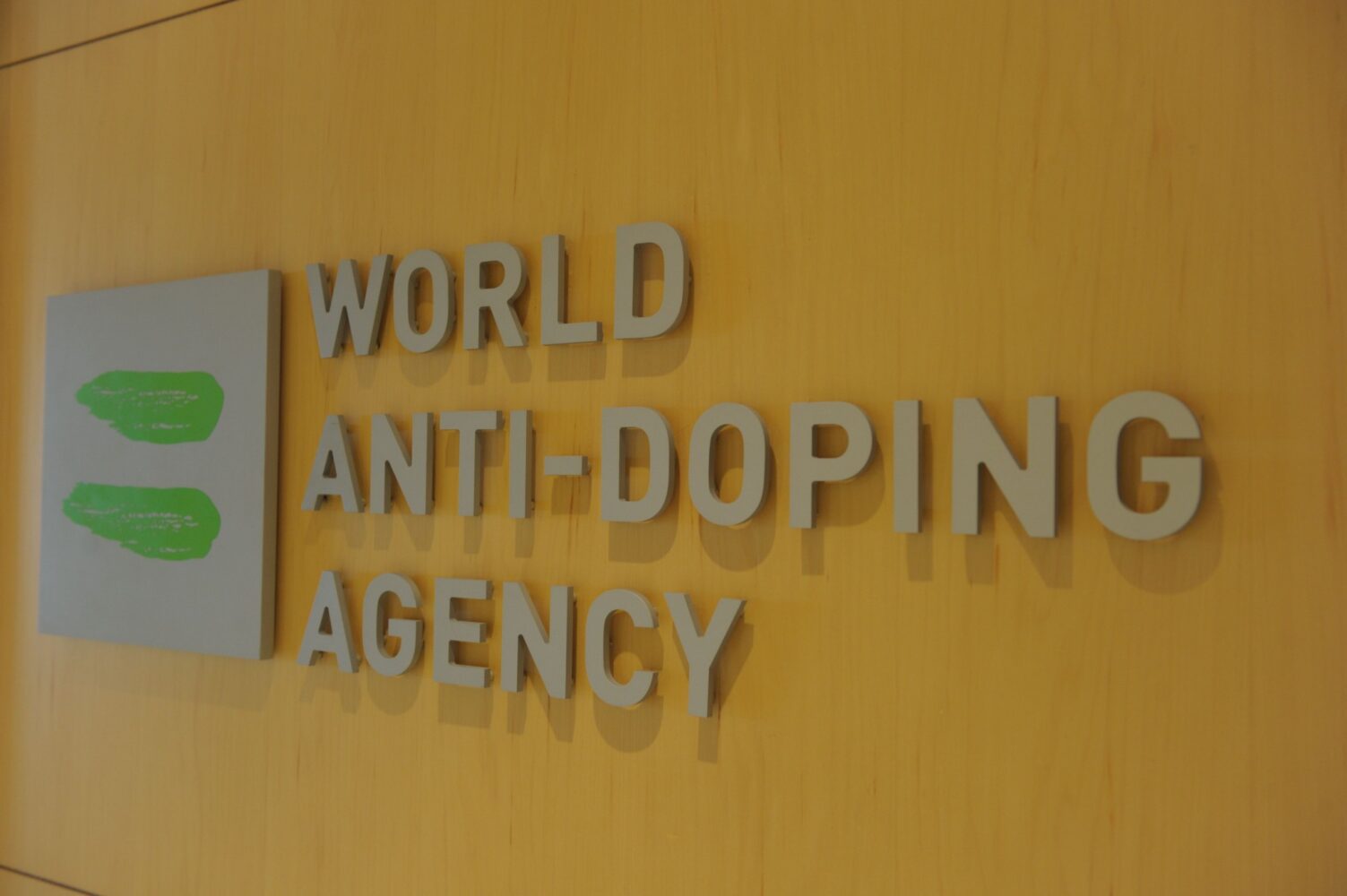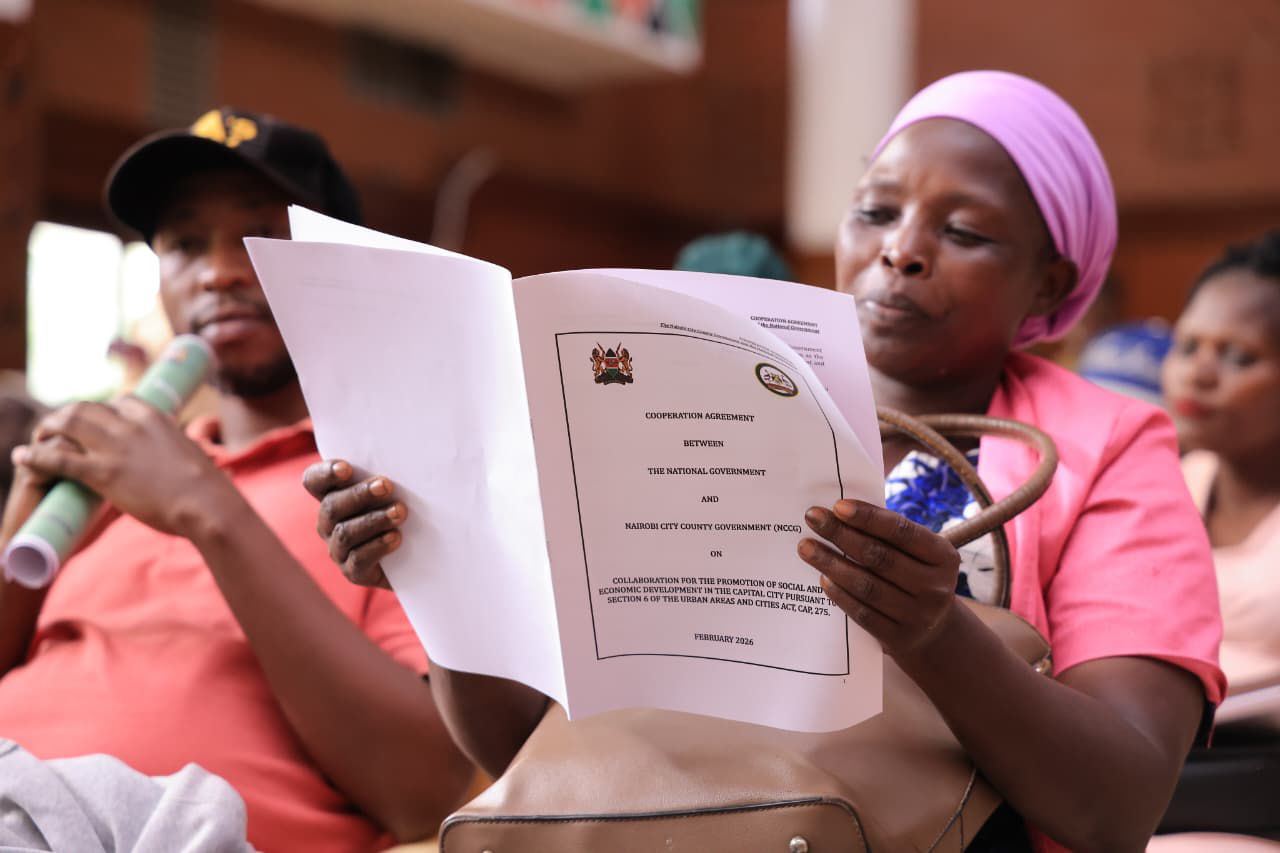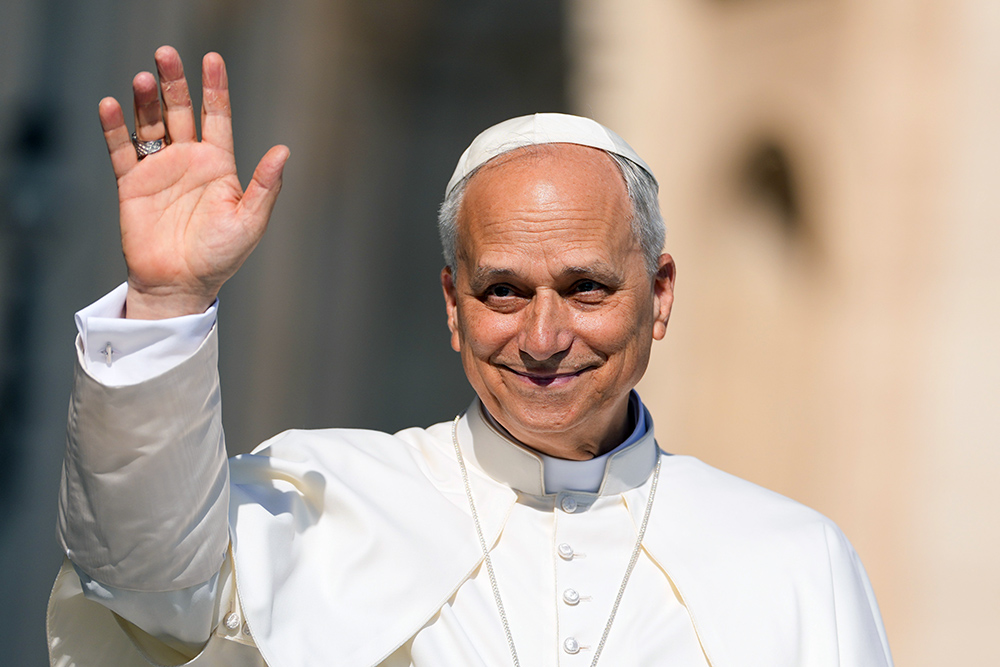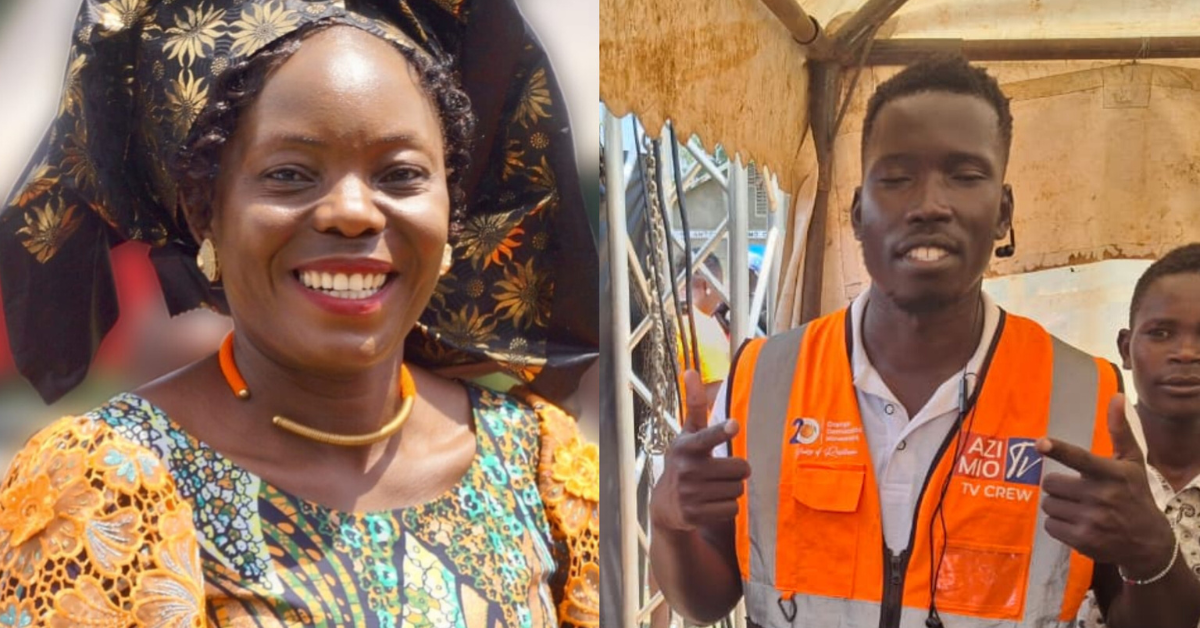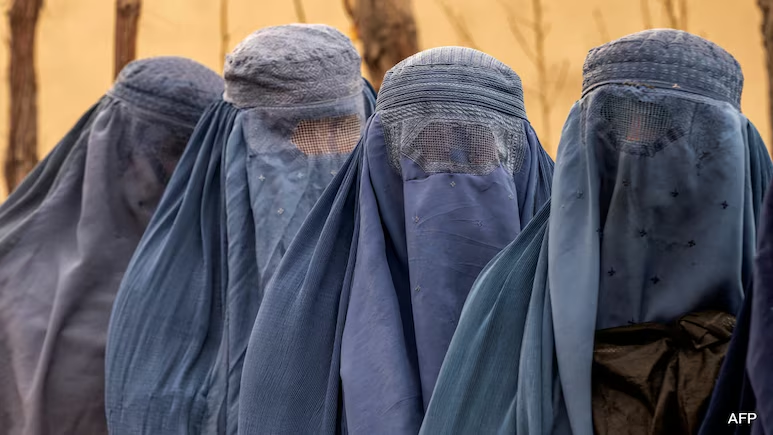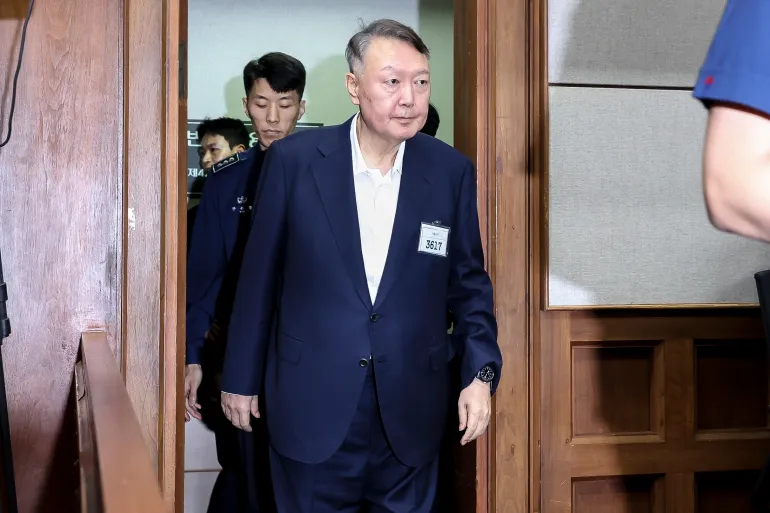Kenyan athletes can breathe a sigh of relief for now after the World Anti-Doping Agency (WADA) opted not to impose immediate sanctions on the country’s anti-doping authority, ADAK, following the submission of a corrective action plan ahead of a critical October 2 deadline.
Last month, WADA had declared ADAK non-compliant with its global code after a May 2024 audit exposed serious shortcomings in Kenya’s anti-doping framework.
The Montreal-based agency gave ADAK 21 days to respond, either by disputing the findings or providing a plan of action.
Failure to act could have triggered severe penalties, including banning Kenyan athletes from competing under the national flag.
President William Ruto addressed the issue head-on on Thursday, vowing that Kenya would do “whatever it takes” to clean up its anti-doping systems and protect the future of its world-renowned athletes.
His commitment comes amid growing scrutiny of Kenya’s athletics programme, which has seen over 140 athletes suspended for doping violations since 2017.
WADA acknowledged “significant and demonstrable progress” by ADAK, including a detailed four-month action plan aimed at correcting the identified deficiencies.
As a result, WADA referred the matter back to its Compliance Review Committee for further assessment.
While the immediate threat of sanctions has been lifted, Kenya remains under close watch. Should ADAK fail to deliver within the next four months, the consequences could be dire from funding cuts and exclusion from WADA programs, to the ultimate embarrassment of seeing Kenyan athletes compete without their national flag.
Despite past investments in the anti-doping fight, recent government budget cuts to ADAK have raised questions about long-term commitment.
For a country where athletics remains a path out of poverty for many, the stakes could not be higher.
ALSO READ: Kenya’s race for clean sport: Gov’t commits funds, overhauls anti-doping body


